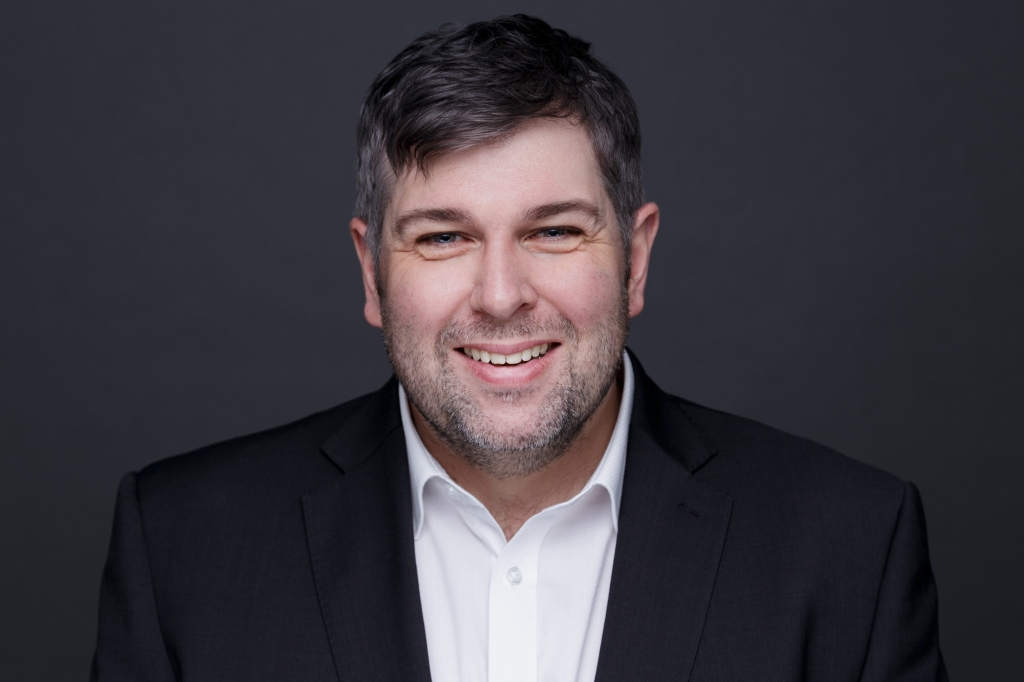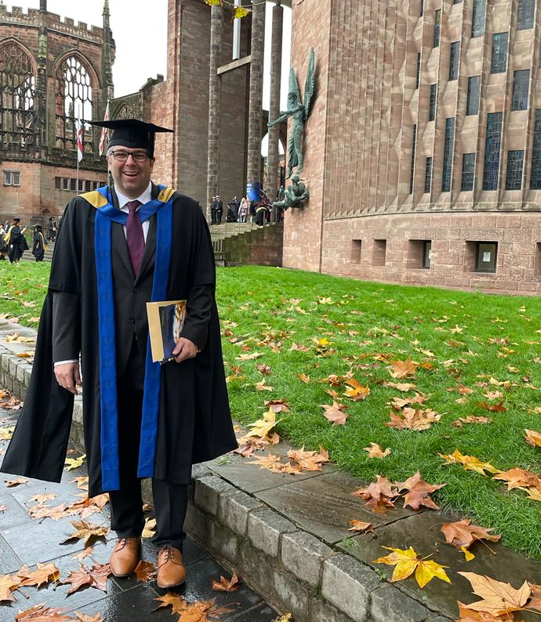After exploring Trent Loader’s career in careers story in Australia, we now travel back to England to connect with Darrin Steward. With 5 years’ experience in the field, Darrin offers valuable insights into careers in higher education.
Darrin Steward is a White British Male based in East Anglia, England, and works as an Employability and Careers Consultant – University of Suffolk.

Profile:
- White British Male
- Located in East Anglia, England
- 5 years’ experience in career development
Areas of Expertise:
- Career development, guidance, coaching
- Labour market research
- Career theory
Education and Expertise:
Darrin holds an MA in Career Development and Management from Coventry University, Level 7 Qualification in Career Development – CDI, Level 6 Diploma – Career Guidance and Development, Level 6 Certificate – Careers Leadership, Level 3 – Information Advice and Guidance, NVQ Level 3 – Counselling and Psychotherapy. Darrin shares that his areas of expertise are “Career Development and Management, Career Guidance, Coaching and Mentoring, Labour Market Intelligence, Career Theory, and Research.”
Career Path:
Darrin reveals, “My career path has been squiggly to put it mildly. I have worked for/in: Luminar Leisure (Cellarman), Employment Tribunal Service, Her Majesty Court Service, Secondary Education, Higher Education.” A turning point was 5-6 years ago whilst in secondary education. Darrin shares, “My turning point was about 5/6 years whilst working in secondary education, I was busy exploring alternative employment options as I had become stagnated in my role, yet I remember the knock on my office door, followed by the head-teacher, “Darrin, our careers advisor has handed her notice in. I would like you to take the role on”. I was able, through discussions with the head, to gain a clear and rational understanding of the expectations upon me, the greatest being the undertaking of a level 6 diploma in careers guidance. These discussions afforded me opportunity to explore my motivations, and to ascertain if I was prepared to take on the challenge of a degree level qualification, and a new role, rather than just getting away from something I wasn’t enjoying.”
Challenges and Successes:
Darrin states, ” I faced significant challenges growing up in a working class, socioeconomic disadvantaged, and violent home which certainly impacted on my outlook on life, and access to opportunity at this time. This resulted in my focus being on the short-term goal of just getting through each day, leaving me unable to see any positives, or make long-term plans. It certainly casted doubts about my capabilities on a metacognitive level and created a static sense of self which inhibited my ability to take agency over my decisions. It wasn’t really until I started my counselling training in my mid 20s that I really found myself in a place where I felt I really had agency over my decisions.”

Darrin proudly shares, ” My biggest success was passing my MA (with distinction) and the mark I received for my dissertation. Starting the MA I was confident in my subject knowledge, but having never been to university, could I convey that in my assignment writing. I think the imposter syndrome I initially suffered when starting the MA has finally started to go. It was also a tremendous honour to be shortlisted for the 2023 NICEC Bill Law Award.”
What a huge achievement – well done, Darrin!!
Motivation and Philosophy:
Darrin shares his motivation, saying “my personal experiences have unquestionably shaped my approach to careers guidance, and directly affected my work regarding social justice. Offering students fair and equitable access to careers guidance provides the opportunity for a collaborative exploration of their personal belief structure and the influence their community, environment, and social interactions have on their world view. “
He went on to share a highlight, saying “My graduation day at Coventry University and presenting my three-minute thesis for the Bill Law Award.”
Darrin aims to provide equitable support, stating “My philosophy is ensuring students access guidance I lacked, driven by social justice values.”
Influences:
Darrin credits Dr Adrian Hancock, Paul Gaunt, Sarah Warburton, and Dexter Du Boulay from Coventry University along with leading thinkers who shaped his approach.
Darren explains, “I have to mention my four lecturers at Coventry – Dr Adrian Hancock, Paul Gaunt, Sarah Warburton, and Dexter Du Boulay who all played a part in shaping my development. In terms of influence – Liane Hambly, she is just a brilliantly insightful, Tristram Hooley – the fantastic work he does in the field of social justice, and Dr Deirdre Hughes – for the fantastic work she is currently doing in the use of AI in careers”
Agree, Deirdre work’s on AI is truly trailblazing.
A Day in the Life:
Darrin describes varied days, sharing “There is no such thing as a typical day working in careers in HE. My days can include delivering one to one guidance, teaching on modules within degree programmes, supporting course design and development, conducting mock interviews, and networking with employers to name just a few.”
Industry Outlook and Learning:
Darrin highlights AI, advising ” it has to be the use of AI, I think as a sector we need to get ahead of the game with this so that we can help our students use these tool effectively to support their transitions into the labour market.
He shares a key learning point as “the biggest learning from my own journey has definitely been around my own capabilities – the imposter syndrome has almost gone…”
Darren’s top tips include “connecting with people across the careers profession, there is always support available and people to answer your questions. Definitely follow/connect with Chris Webb on LinkedIn – his weekly newsletter is essential reading.”
Favourite Theories:
Darrin’s favourite theories include “Planned Happenstance – Krumboltz, Career Inaction – Verbruggen and De Vos, Chaos Theory of Careers – Pryor and Bright, Kaleidoscope Career Model – Mainiero and Gibson.”
Planned Happenstance by Krumboltz, this theory encourages embracing unexpected events and keeping an open mind to unplanned opportunities. It views chance occurrences as integral to career paths.
Career Inaction by Verbruggen and De Vos, this theory examines periods of career inactivity or indecision. It looks at factors leading to inaction and strategies to move forward.
Chaos Theory of Careers by Pryor and Bright, this theory sees careers as complex, dynamic systems full of uncertainty. It challenges traditional linear, predictable career planning.
Kaleidoscope Career Model by Mainiero and Gibson, this model recognises careers are shifting patterns shaped by relationships, values, and life stages. It focuses on sustainable fulfilment over time.
Looking Ahead:
Darrin plans to continue studies and research HE’s role in career development. He shares “It is an incredibly rewarding job, so if you have a motivation to support and help people it is definitely worth considering – you really can make a significant different to the lives of the people you work with. Follow/connect with the right people, explore the options to study either a Level 6 or postgraduate qualification and go for it.
As for my future career aspirations, my own personal growth and development has become a huge part of what is important to me in my life – so I am looking forward to starting my PgCap in the coming weeks, once that has been completed I would like to pursue a PhD and have an interest in exploring where university lecturers see their role in the career development of their students.”
Encapsulating Quote:
To part, Darren shares “I love this quote from Edward De Bono – “If you cannot predict the future, you must flexibly be prepared to deal with various possible futures.”
Next, on episode 11, we’re connecting with Freda Zapsalis and returning to Australia to find out more, so stay tuned!
